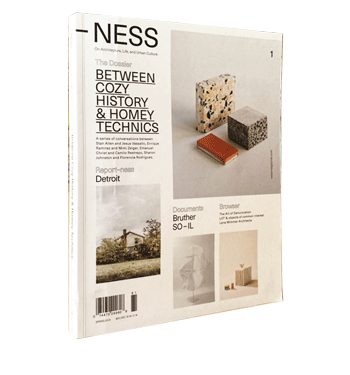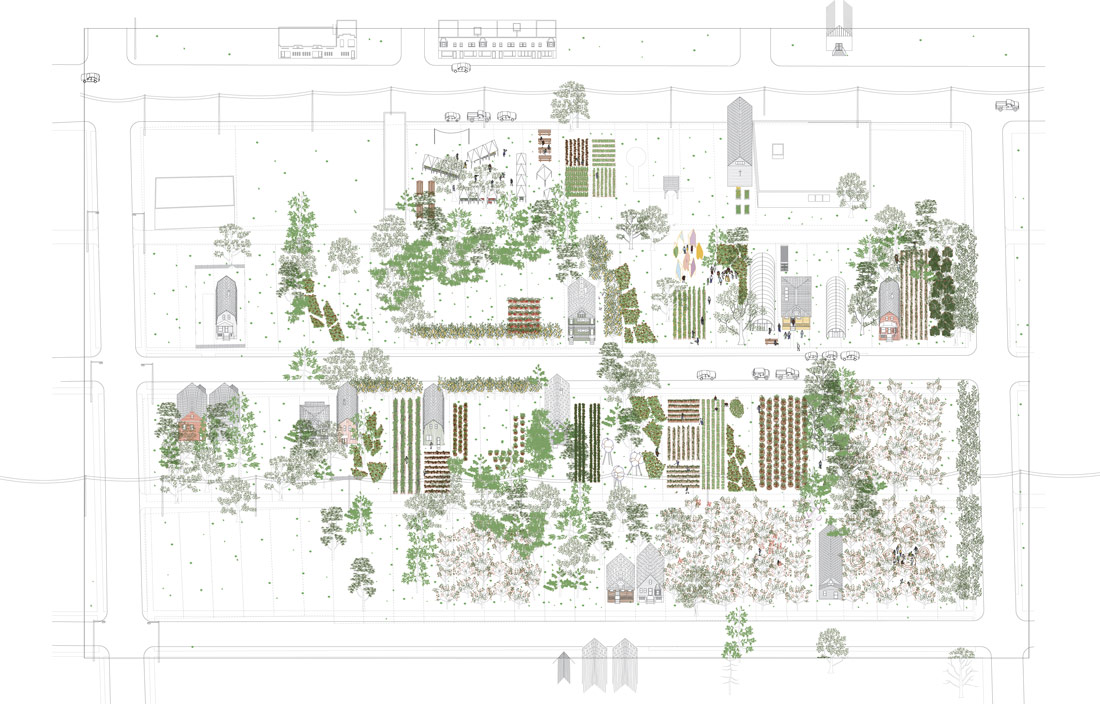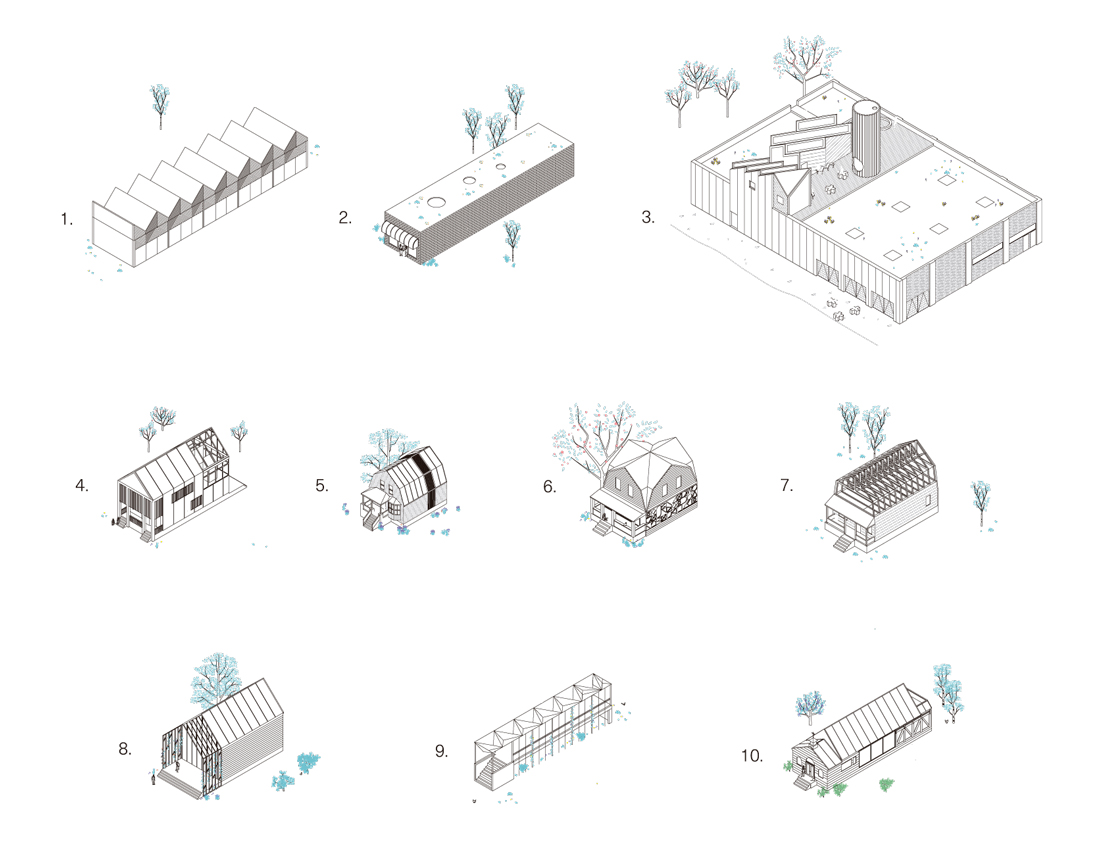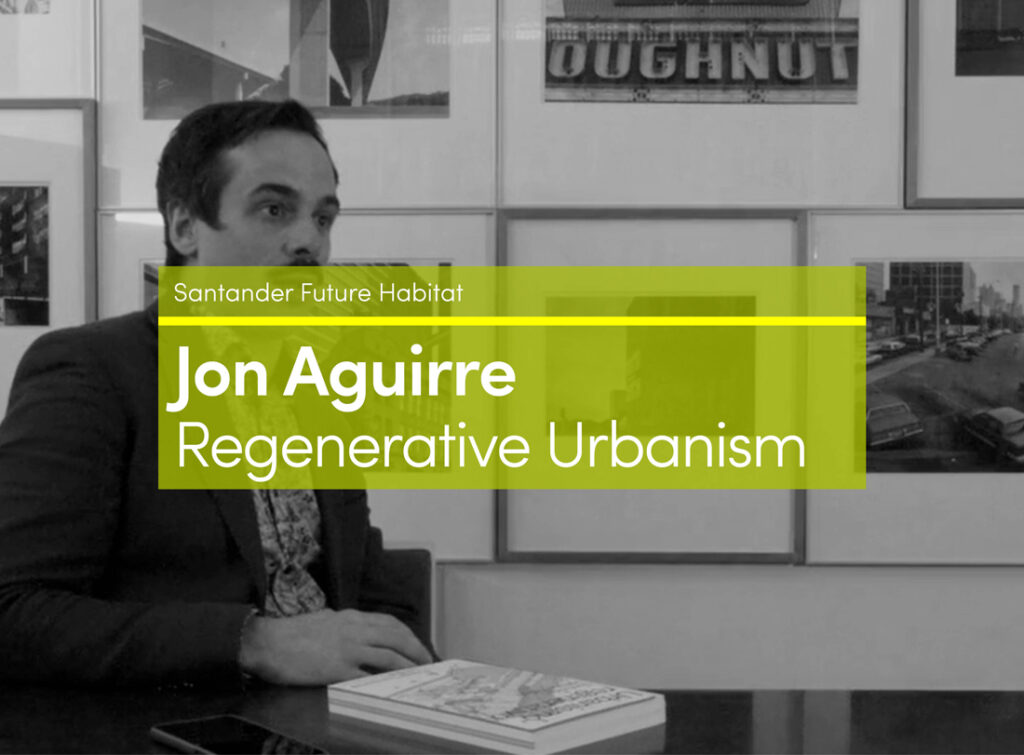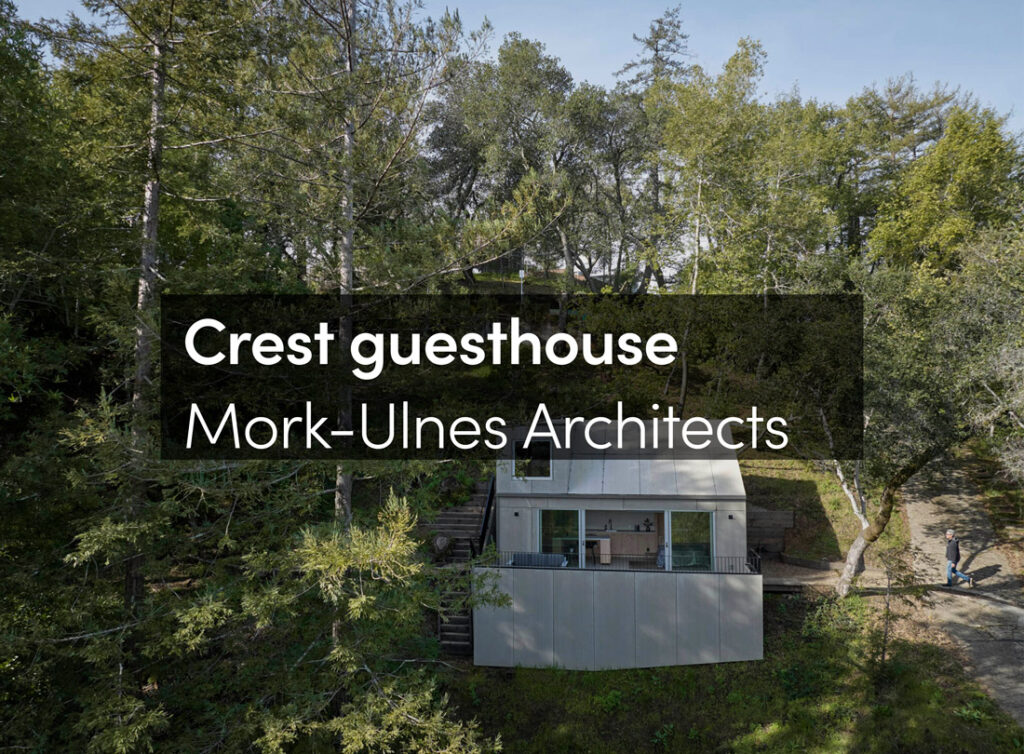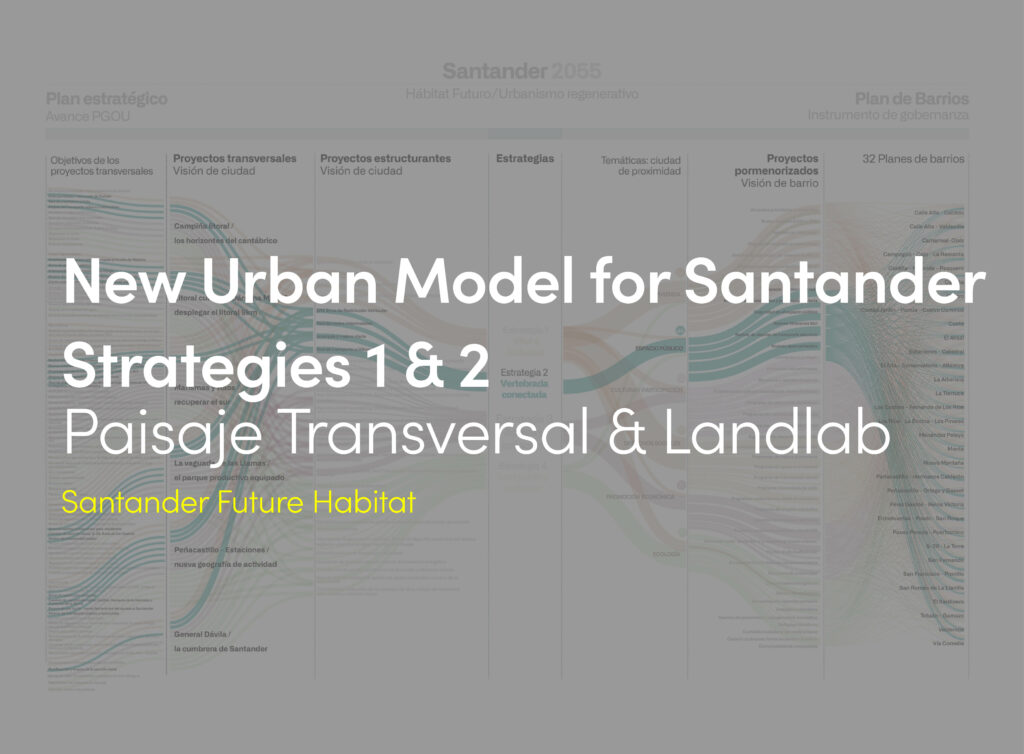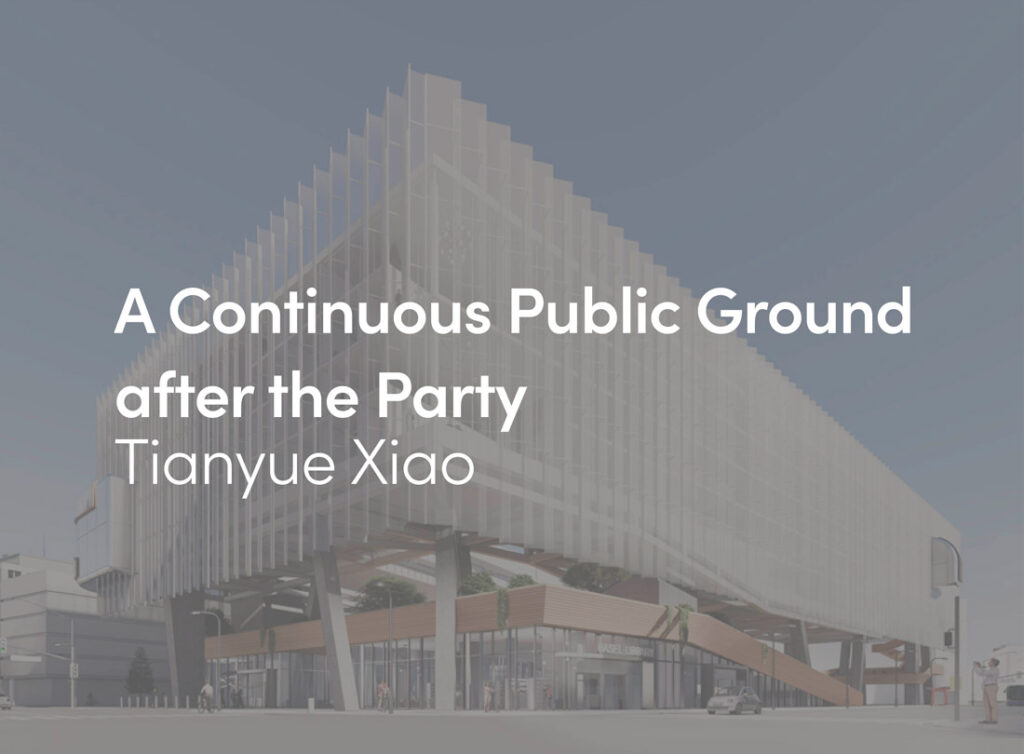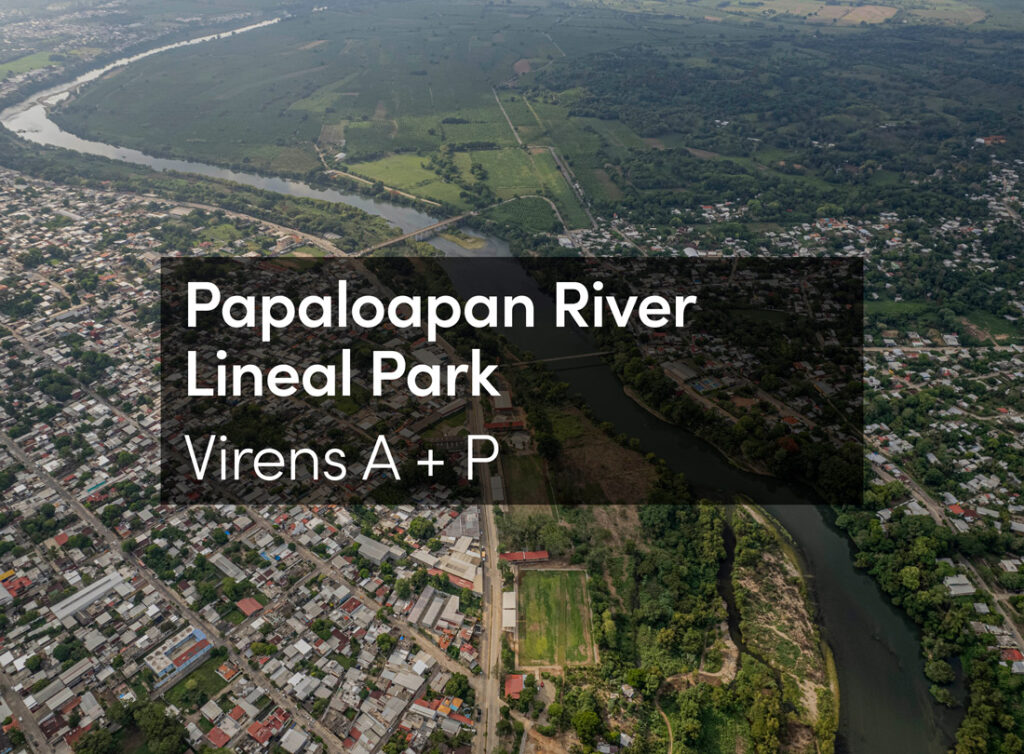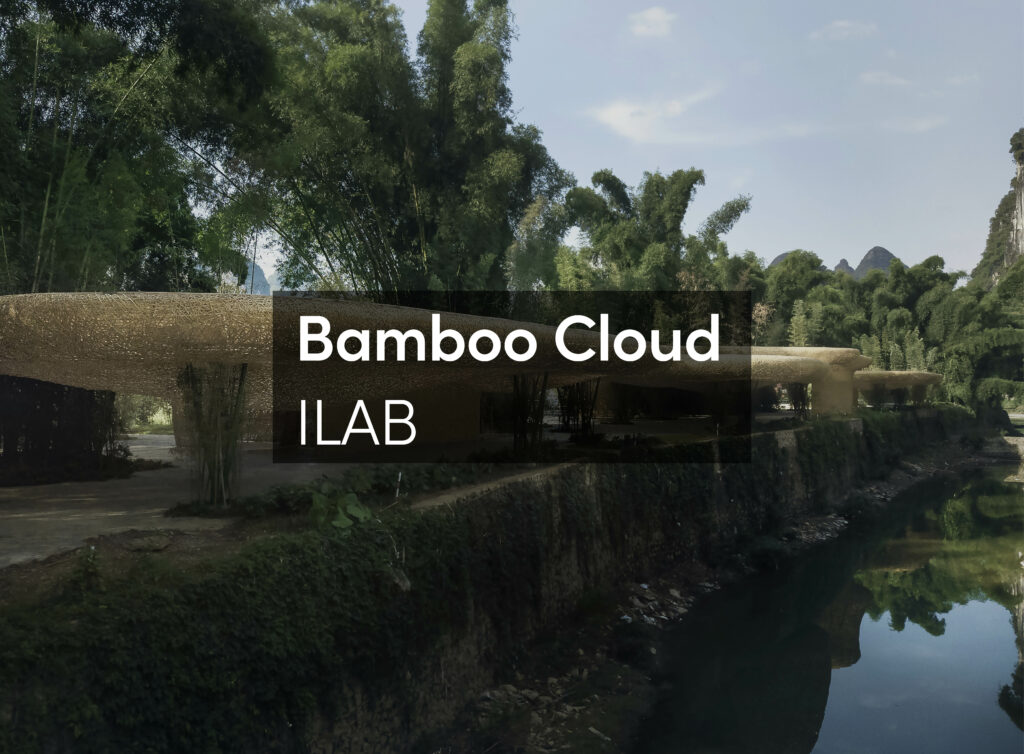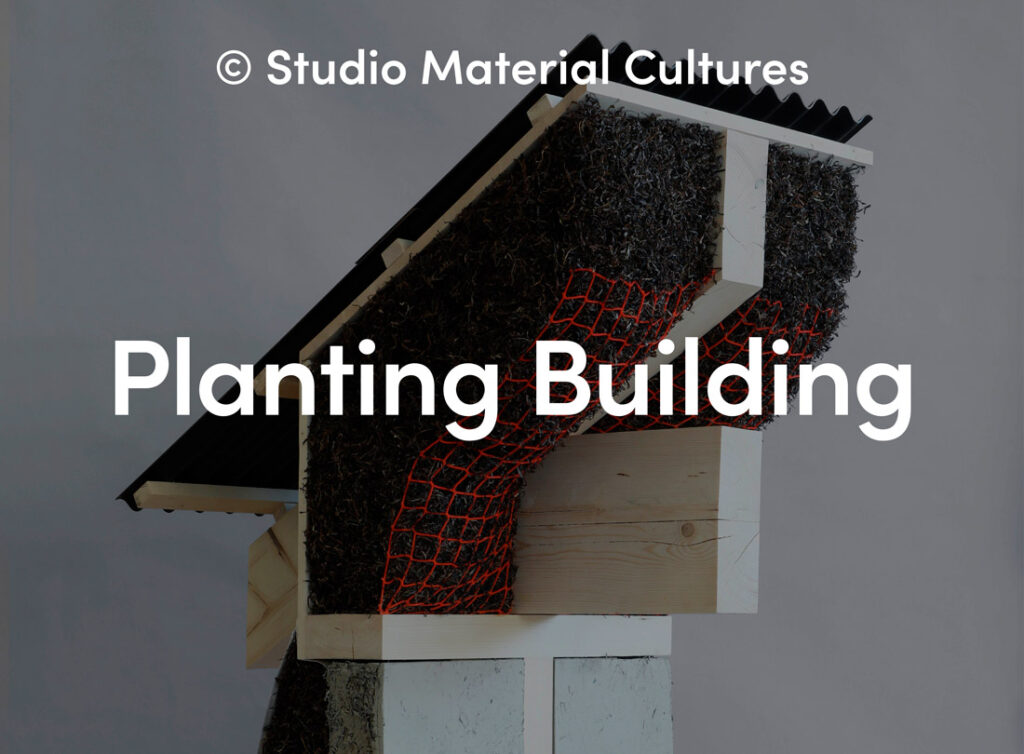In Detroit’s historic North End, local studio Akoaki, led by Anya Sirota and the French designer Jean Louis Farges, is working with the Oakland Avenue Urban Farm, founded by Jerry and Billy Hebron, to set up a civic commons site. Detroit Cultivator is a six-acre urban plan with food production, cultural activities, and civic assets that aim to empower the social and economic fabric of the community. The unique effort is grounded in its respect for cultural heritage and social integrity.
The North End was once Detroit’s premiere cultural nexus: a predominantly African American neighborhood that attracted emerging artists from across the country and influenced vanguard music, fashion, and style on a global scale. Today, it is difficult to find visual evidence supporting that legacy: Detroit’s prolonged economic slump and exuberant blight remediation campaigns have erased many material vestiges of its history.
70% of the building stock of the neighborhood is gone, creating a neo-rural landscape in close proximity to the city center. Average incomes are below the poverty line and the majority of the young are under-employed. The neighborhood is home to a high concentration of politically engaged, culturally active residents. Since Detroit’s bankruptcy and ensuing economic resurgence, they have become increasingly wary of the city’s unbridled blight remediation and redevelopment policies, which was perceived by many as a threat of cultural erasure.
1. Market Row: The first new business construction in decades.
2. The historic Red’s Jazz Shoe Shine Parlor
3. The former grocery store at 9400 Oakland Avenue: Non-profit/private partnership between Oakland Avenue Urban Farm and Fellow Citizen, LLC.
4. The Landing: Mid-sized hostel and gastronomic performance center.
5. The UNESCO City of Design Library
6. Ideal Studio: Experimental art center for the exploration of identiy.
7. The Herbarium: Education and retail facility.
8. The Incubator: Hosts the Farm’s startup businesses, providing space, offices, meeting rooms, and retail space featuring value-added products.
9. Water Shed: Market stalls and tool sheds that integrate water-catchment systems.
10. The Farm: Community Center.
With the new streetcar M1 Rail connecting the neighborhood to the Downtown Detroit area, speculation is on the upsurge and revitalization efforts are growing. These trends make the advance of the Oakland Avenue Farm project critical to equitable local redevelopment, while providing a new way forward for similarly-challenged neighborhoods, nationwide.
For the past decade, the Oakland Avenue Urban Farm–the first ‘Agri-Cultural’ urban landscape in Detroit’s North End–has established its reputation as a stabilizing anchor for the community by growing healthy food, offering mentorships, conducting educational programs, supporting outdoor gatherings and art spaces. From one lot in the year 2000 to an actual six-acre urban plan, Oakland Avenue Urban Farm regroups thirty lots and eight structures, including public amenities: a civic program, residential accommodations, and architectural systems that contribute to environment sustainability. The productive agricultural landscape is planted throughout the six-acre site, inviting visitors and gardeners to interact directly with the farm’s growing beds and orchards. Natural landscapes are also important for the Oakland Avenue Urban Farm: it supports biodiversity, native ecology, and sustainable water management strategies into its long-term vision. The plan is engaging and demonstrative: an educational landscape for all.
Akoaki’s work is a successful demonstration of an interdisciplinary project with community commitment that engages special, social, and material realities. Applying tools of design and architecture to convey strong ideas and embody physical needs, their work is constantly exposed to the public and updated in order to push back against gentrification and incorporate current needs and new programs. With its broad network of community and institutional partnerships, the project is sustainable and stands as a living laboratory for practices on an international level.
The North End’s challenging socio-economic scenario offers the impetus, space, and opportunity to explore new methods of stewardship, demonstrating that collective work is a key word to reactivate a locally rooted economy.
